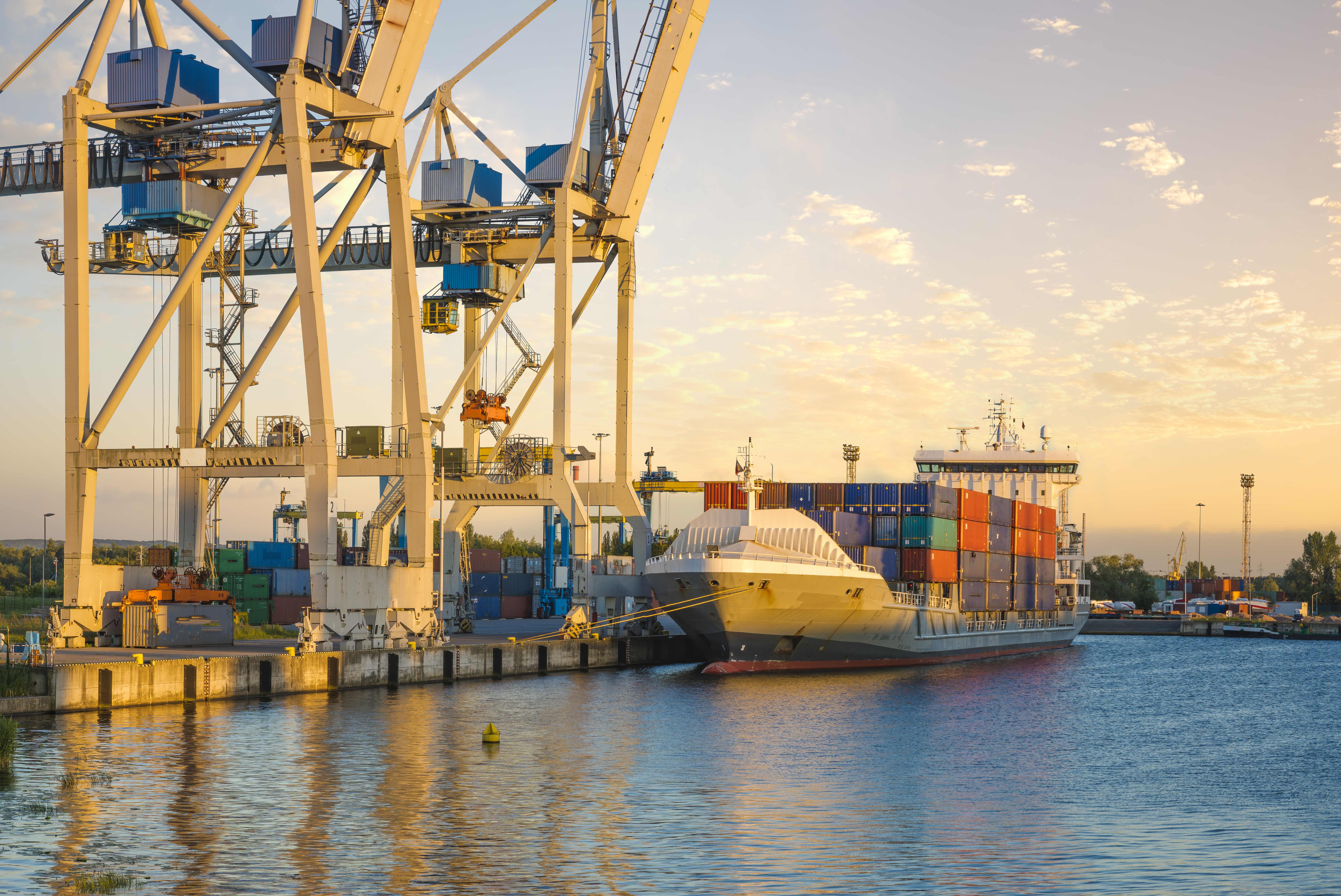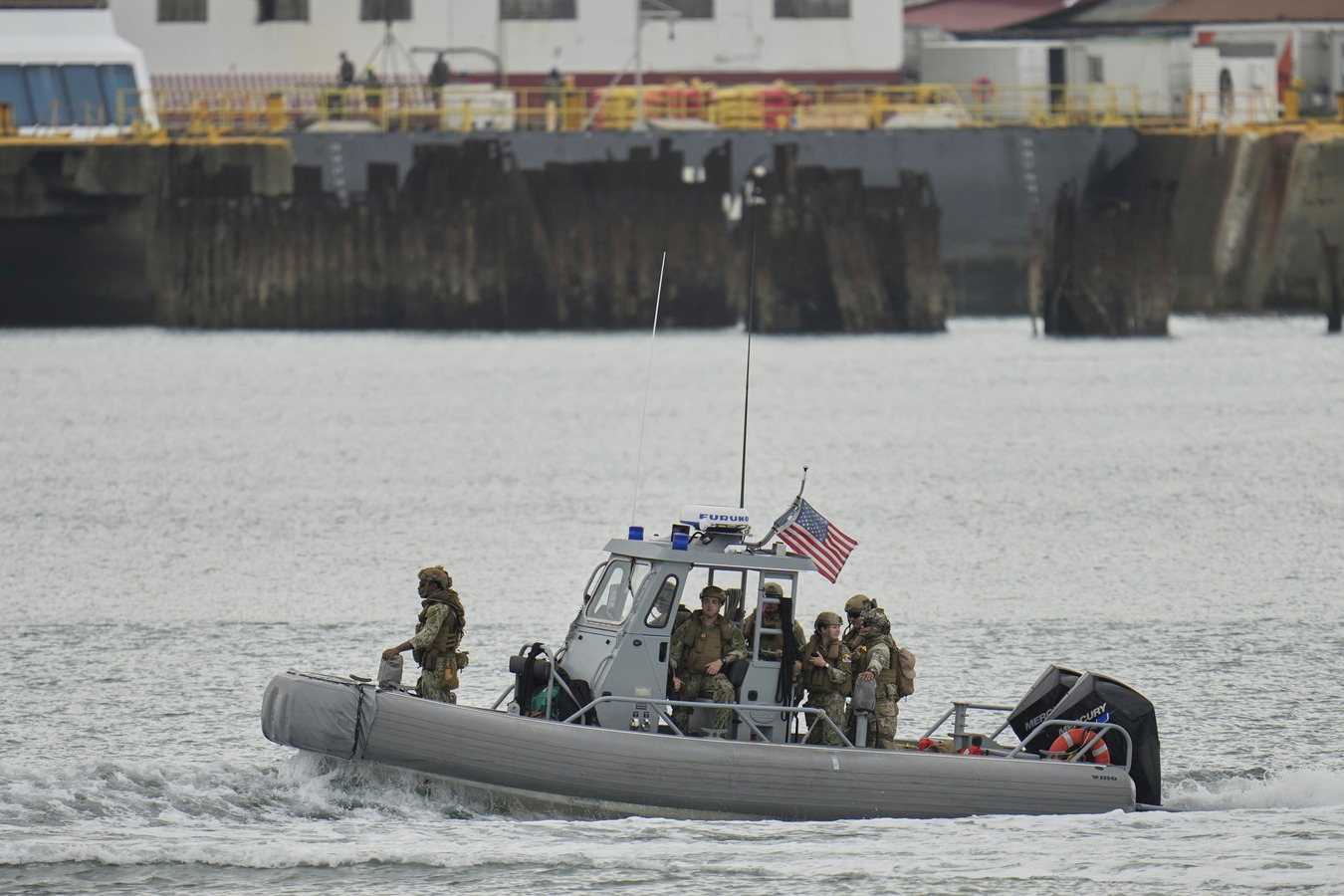In 2012, U.S. Holds Ground on Cuba Policy
In 2012, U.S. Holds Ground on Cuba Policy
While President Barack Obama loosened Cuba travel regulations last year, this year his administration opted to continue existing Cuba policies or restrict new ones.
With the November 6 presidential election fast approaching, where does the Obama administration stand on Cuba, a long-running foreign-policy challenge? In January 2011, President Barack Obama signed a number of measures into law to expand “purposeful travel” to Cuba for U.S. citizens, increase the allowed amount of non-family remittances to the island, and to permit charter flights from the United States to Cuba. Those in favor of restricting travel to Cuba criticized the administration for the policy change, including Cuban-American congressional leaders Representative Robert Menendez (D-NY) and Senator Marco Rubio (R-FL). In 2012, however, much of the administration’s policies fell in line with that of former President George W. Bush, or increased restrictions.
Below, see a number of Cuba policy decisions from this year.
- Federal travel restrictions: Some Cuban-American politicians charged that 2011 travel regulations allowed for more tourist-oriented travel, rather than people-to-people exchanges. Earlier this year, Rubio led the charge to block Obama’s nominee for undersecretary of state for Latin American affairs until restrictions were made. In March, the administration agreed, and put new regulations into effect on May 10. The guidelines led to long delays to renew licenses, and people-to-people travel has “all but ground to a halt,” reported Reuters.
- State-based travel restrictions: In late June, the Supreme Court refused to hear a case on Florida’s Travel to Terrorist States Act and, in doing so, upheld the law. This legislation prohibits Florida state colleges and universities from using public funds to travel to Cuba and other “terrorist states.”
- Transportation: In March, the U.S. Treasury Department denied a Fort Lauderdale company a license to begin running ferries between the United States and Cuba, saying this service falls “beyond the scope of current policy.”
- Visas: In May, the State Department awarded a visa to Mariela Castro, daughter of Cuban President Raul Castro, to visit the United States. However, at the same time the administration denied visas to 11 Cuban academics planning to attend the Latin American Studies Association conference in California, prompting criticism even from conservative Cuban-Americans.
- Terrorist list: For the thirtieth consecutive year, the State Department listed Cuba as a “terrorist state” due to the country “harboring” members of the Revolutionary Armed Forces of Colombia (FARC) and Spain’s Basque Homeland and Freedom (ETA) group. The agency released the report in July, though upcoming peace talks between the Colombian government and the FARC could mean the administration opts to remove Cuba from the list next year.
- Immigration: The Obama administration continued the “wet foot, dry foot” policy in which migrants who make it to U.S. soil are permitted to stay and apply for residency, but those caught at sea are deported. In late August, Cuban Vice President Marino Murillo’s daughter defected to the United States, crossing the Texas-Mexico border without a visa. Meanwhile, as of September 14, the Coast Guard repatriated over 50 Cubans this month alone.
- Alan Gross: On September 12, the Cuban government said it would be willing to negotiate on imprisoned U.S. citizen Alan Gross’s release. In December 2009, Cuban authorities arrested Gross, accusing him of being a spy and condemning him to 15 years in prison. However, a representative from the State Department said the U.S. government doubted the Cuban government was willing to “seriously” discuss releasing Gross.
In other election news from the region:
- On September 19 and 20, Republican candidate Mitt Romney and President Barack Obama will speak at the University of Miami in a bid to win Latino votes—among them, the coveted Cuban-American vote. This voter bloc represents over one third of the electorate in Florida, a key swing state.
- Cuba-related political donations declined in the United States this year, due in part from “the slow economy, fatigue with the issue and the likelihood that Congress, stalemated between Democrats and Republicans, can’t significantly change course on Cuba,” writes Juan Tamayo for El Nuevo Herald.
- The Venezuelan opposition candidate Henrique Capriles gave an interview to The Miami Herald, discussing his chances for victory during the upcoming October 7 election. He also commented on U.S. policy in Latin America, saying: “There was so much expectation when Obama came into power but I think the bureaucracy ate him up.”
- Mexican President-elect Enrique Peña Nieto arrived in Guatemala yesterday during the first part of a Latin American tour, which will also bring him to Argentina, Brazil, Chile, Colombia, and Peru. Peña Nieto takes office on December 1.
- The New York Times reports that Brazilian voters will chose from a number of imaginative candidates in the country’s municipal elections on October 7, with local government hopefuls using nicknames like Batman, James Bond, and Wolverine.








